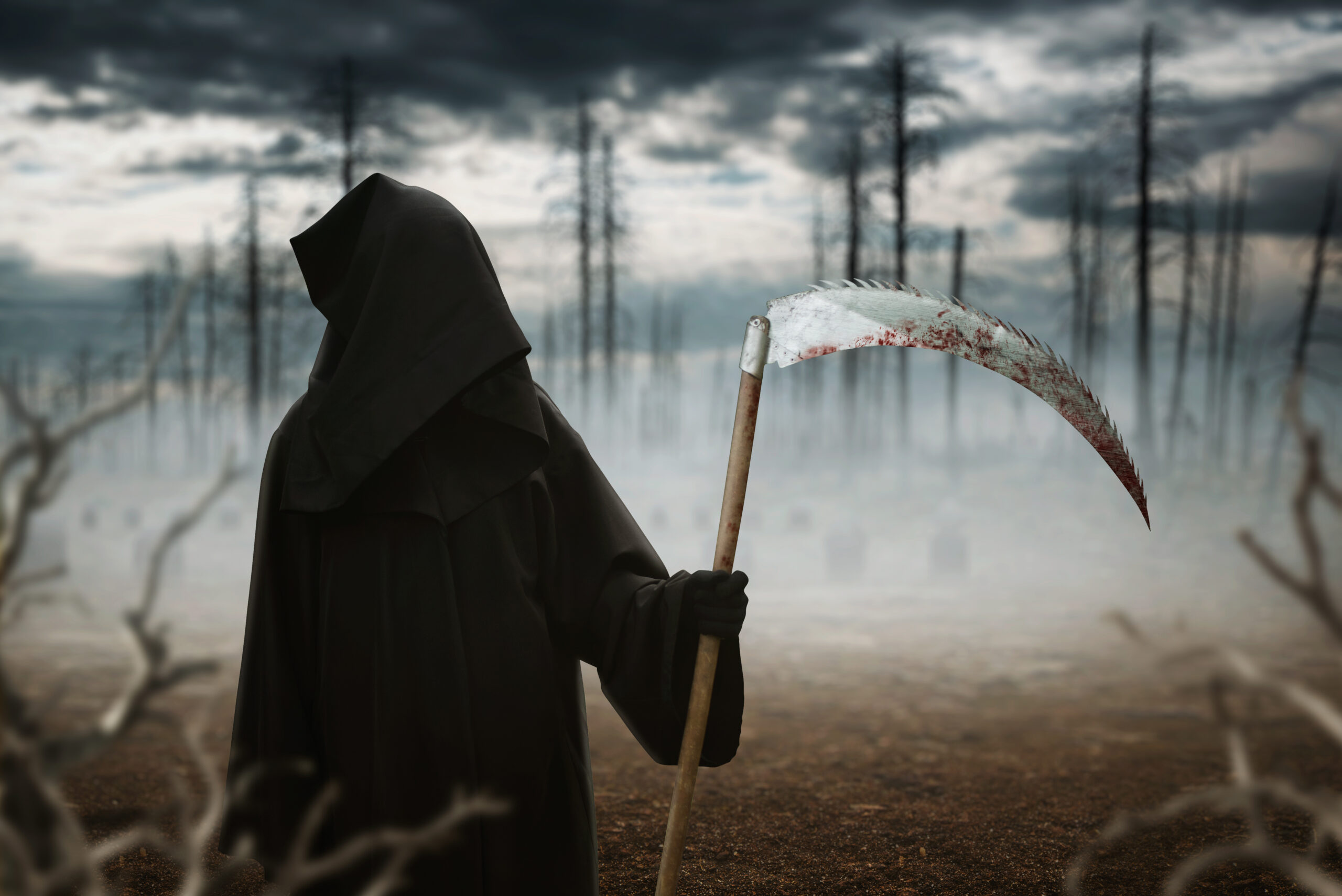A Glimpse into the Haunting Night of October 29, 2022
On a seemingly festive evening in Itaewon, South Korea, a chilling event unfolded, leaving behind a trail of grief and devastation. The popular nightlife district in Seoul, brimming with anticipation for Halloween celebrations, became the epicenter of one of South Korea’s most tragic incidents.

The Chain of Events
Halloween, though rooted in Western traditions, has found its place in the hearts of many Asians. Cities like Tokyo, Taipei, and Singapore now witness extravagant Halloween parties. But Itaewon’s celebrations took a dark turn when a massive crowd surge transformed the festivities into a nightmare. More than 150 individuals lost their lives, and countless others were left scarred, both physically and emotionally.
Hye Minyi, a 22-year-old participant in the celebrations, painted a vivid picture of the terror. Amidst the costumes and laughter, panic suddenly erupted. People gasped for air, space became scarce, and chaos reigned. In her words, she felt like “a killer was in the crowd.”
Halloween in Asia: A Growing Trend with New Challenges
Though the U.S. traditionally celebrates Halloween on October 31, its popularity in Asia is a recent phenomenon. Instead of children trick-or-treating, young adults don costumes for parties. The increasing popularity of this festivity comes with its own set of challenges, especially in ensuring safety during large gatherings.
Following the Itaewon disaster, there has been widespread speculation on whether the allure of Halloween in Asia will wane. But one thing is certain: preventive measures are now more important than ever.

Safety Measures Across Asia
Asian cities are now more cautious than ever. In Seoul, officials have ramped up crowd control measures, security protocols, and site inspections, especially in areas anticipated to attract large Halloween crowds.
Tokyo’s iconic nightlife district, Shibuya, has become a Halloween hotspot. However, concerns over another potential tragedy akin to Itaewon’s incident have prompted authorities to take drastic measures. Shibuya’s mayor, Ken Hasebe, has implored people to stay away, and stringent restrictions on street drinking have been imposed. The message is clear: safety first.
Guangzhou in China has taken a unique approach. To avoid panic, the city’s underground metro service has prohibited “scary makeup and dressing” on trains during Halloween.
Seeking Accountability: The Aftermath of the Itaewon Tragedy
The echoes of the Itaewon disaster are reminiscent of South Korea’s ferry sinking in 2014. Both events spotlighted the perceived shortcomings in the government’s response. Critics argue that the response was tardy and lacked accountability.
In light of the intense scrutiny, the Seoul Metropolitan Government has taken concrete steps for a safer Halloween, including monitoring crowd numbers with new CCTV systems.

The Enduring Scars: Survivors’ Tales
Itaewon today might seem to have moved on from that fateful night, with only a few memorials bearing testimony to the tragedy. Yet, for survivors and the bereaved, memories lurk in every corner.
Survivors like Lee have sworn off returning to Itaewon. Halloween, for her and many others, is now a grim reminder of lost friends and the trauma of that night.
In conclusion, while Halloween continues to enchant many across the globe, it’s crucial to prioritize safety and ensure that revelry doesn’t lead to regret. The Itaewon tragedy serves as a poignant reminder of the delicate balance between celebration and safety.
FAQ: The Itaewon Halloween Incident
1. What exactly happened in Itaewon on October 29, 2022?
- There was a massive crowd surge during the Halloween festivities in Itaewon, a popular nightlife area in Seoul. The unexpected wave of people led to chaos, resulting in the tragic deaths of over 150 individuals and injuries to many more.
2. How does Asia’s Halloween celebration differ from the West’s?
- While in the West, especially in the U.S., Halloween mainly involves kids trick-or-treating, in Asia it’s more about young adults dressing up for parties. The focus is on nightlife and celebrations.
3. Are other cities in Asia concerned about such incidents?
- Yes, especially places with major Halloween celebrations. Cities like Tokyo are ramping up safety measures and even urging people to stay away from traditionally packed areas to avoid another tragedy.
4. How are cities trying to prevent similar situations?
- Seoul has increased its crowd control, security checks, and also installed new CCTV systems to monitor large gatherings. Tokyo’s Shibuya district has imposed restrictions on street drinking, and Guangzhou in China has banned “spooky” makeup on the metro to prevent panic.
5. Are people blaming the government for the Itaewon incident?
- Some critics believe the government’s response was too slow and lacked accountability. Comparisons have been made to another disaster in South Korea in 2014. However, the Seoul government is now taking steps to improve safety measures.
6. How has the tragedy affected the people of Itaewon and survivors?
- Many survivors and locals are now wary of returning to Itaewon for Halloween celebrations. For them, the festival has become a grim reminder of the trauma and the friends they lost that night.
7. Will Halloween celebrations in Asia decrease because of this?
- While there’s speculation about a decrease in interest, the allure of Halloween is still strong. However, there’s a heightened emphasis on safety precautions in light of the Itaewon incident.
Remember, if you’re planning to join any large celebrations or gatherings, always prioritize safety. It’s better to be safe than sorry!
Sources CNN


